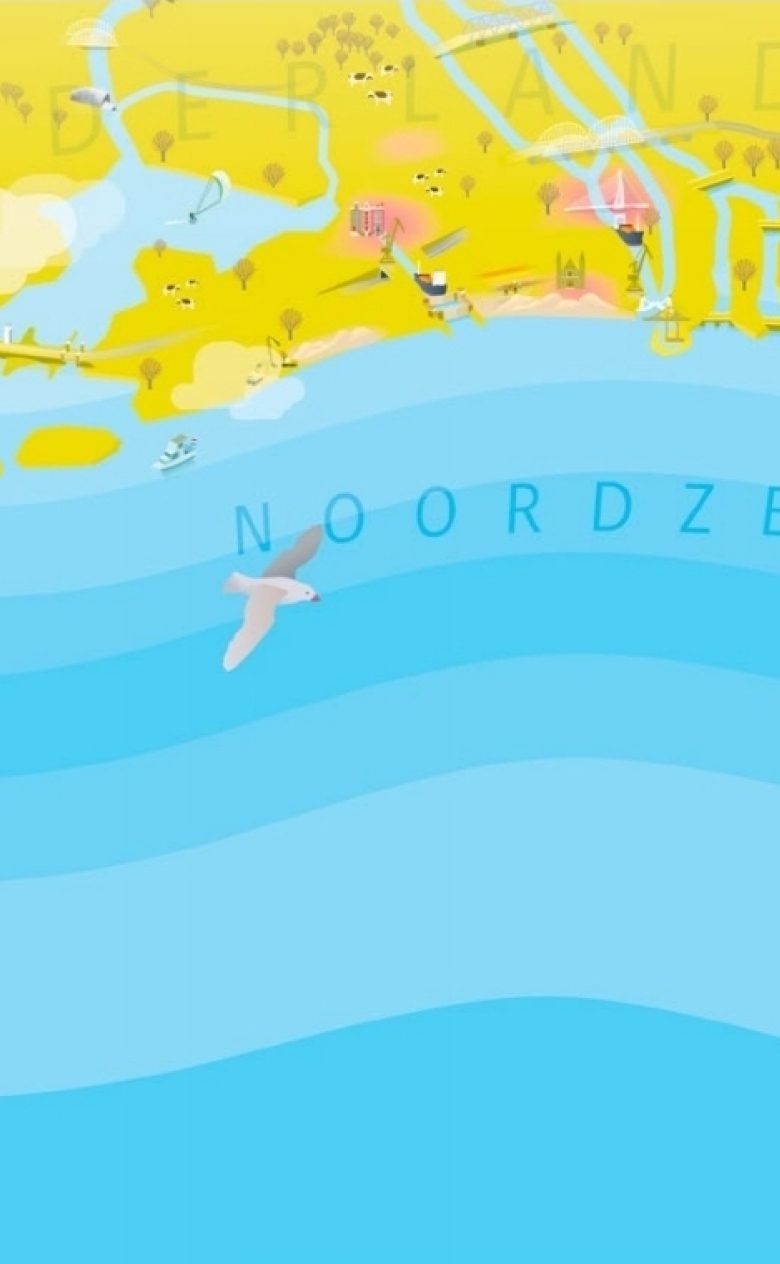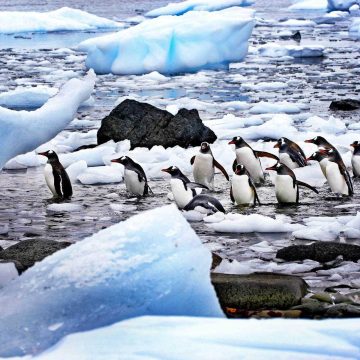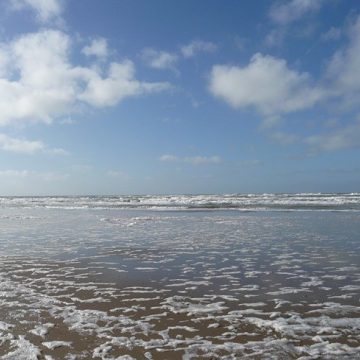Further elaboration of long-term sea level rise solutions
The Sea Level Rise Knowledge Programme, a national research programme of the Ministry of Infrastructure and Water Management and the Delta Commissioner, has had three lines of thought explored for long-term protection against extreme sea level rise: Seaward, Protect and Move with the sea. With all our knowledge, how can we continue our tradition of living and working safely with water in the future and what do we need to take into account now? Deltares contributed to these lines of thought with water system knowledge.

Contribution to exploration of adaptation paths
The new study contributes to a sharper focus on how we can adapt to (accelerated) sea level rise. This is important for shaping investments that will determine the layout of the Netherlands for a long time in the future. Think of investments in waterworks, housing locations, energy transition and land use. In addition, the study contributes to 'adaptation paths', which provide insight into how we can move towards the various lines of thought for the long term. And how we can make adjustments in the Netherlands if sea levels rise faster.
Technical, physical and spatial possibilities
Several consortia elaborated three schools of thought for sea level adaptation based on previous plans and area meetings, and the strategies and building blocks previously mapped out by Deltares for the long term. This provides more insight into what is and is not technically, physically and spatially possible in the event of a large degree of sea level rise.
Contribution Deltares
Deltares contributed to the lines of thought, amongst others by further exploring options for discharging water from the rivers to the sea and estimating the consequences for freshwater supply. For example, what is the required pumping capacity if the river outlets are dammed and what are the consequences for freshwater supply? In the elaborations where the coastline is closed off in such a way (Seaward and Protect-closed), pumping capacity is required that is many times larger than currently exists in the world.
Technically and in terms of space use, this seems feasible, but it is essential that the pumping system always works and that there is space. It also takes a lot of energy to use. Furthermore, in all schools of thought, due to sea level rise there will increasingly be insufficient freshwater available to maintain current land use, even if additional storage is created. Land use adaptation, however, can greatly reduce freshwater demand.
Coming decades
Although accelerated sea level rise is likely to require drastic measures only from the second half of this century onwards, it is important to already take this into account in the major investment agendas in the coming decades, such as housing, agriculture and energy transition. By retaining or creating enough room in these agendas for future adaptation to sea level rise, we can limit damage, casualties and costly adaptation costs for future generations.
Further research
The results are a substantial step forward in exploring options for adapting to sea level rise. Indeed, the exploratory studies give us a better idea of the questions that will arise. For further elaboration of the plans, it is important to comprehensively examine the consequences for the coast, nature, freshwater supply and ports. Knowledge is needed on ways to make our defences adaptive to sea level rise.
Gaining experience in scaling up measures and developing innovative methods are also important for a safer and more sustainable water system. If we work on these now, when the time comes (at high sea levels) we will be able to scale up and take appropriate other measures.
Participating consortia
A total of 20 parties took part in the consortia that provided a picture of what is technically, physically and spatially possible and what is not. The collaboration took place under the banner of the Top Sector Water.
Seawards
- Ministerie IenW, staf Deltacommissaris, Rijkswaterstaat, Sweco, Arcadis, RHDHV, W+B, ZUS, WSP
- WUR, TUD, Deltares, Van Oord, Boskalis
Protection
Ministerie IenW, staf Deltacommissaris, Rijkswaterstaat, W+B, Arcadis, HKV, RHDHV, Sweco, BoschSlabbers TUD-CT, Deltares Van Oord
Flexibility
Ministerie IenW, staf Deltacommissaris, Rijkswaterstaat, Arcadis, RHDHV, Sweco, TAUW, One Architecture, DeFacto, TUD, WEnR, Deltares, RUN, EUR




